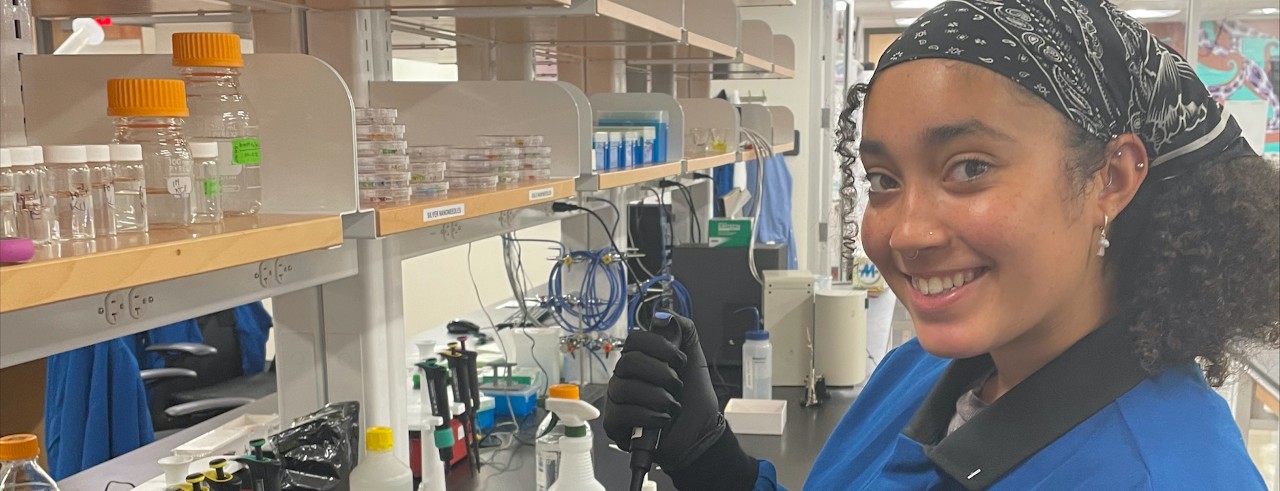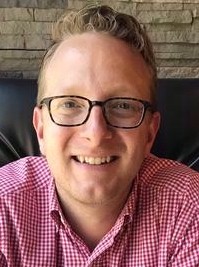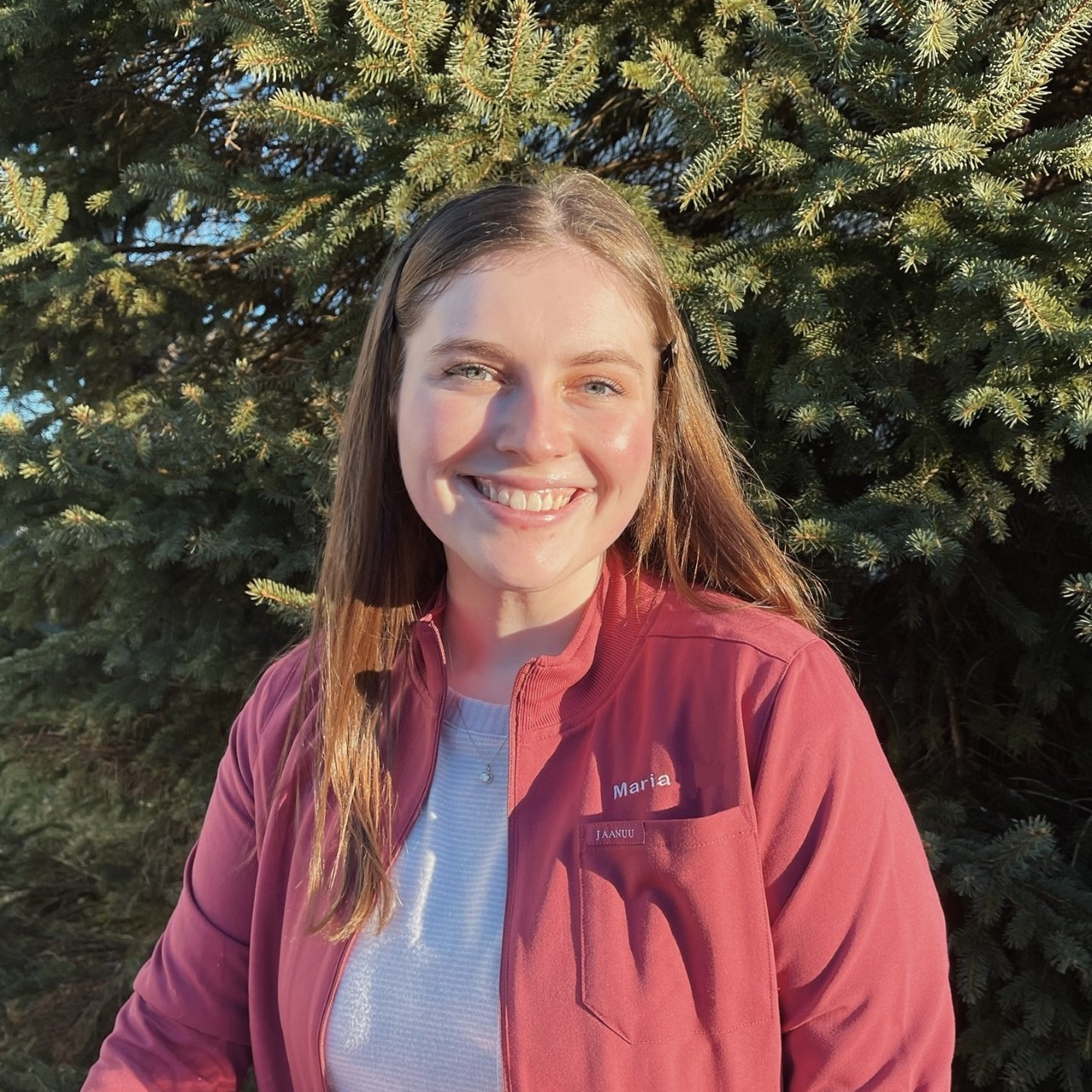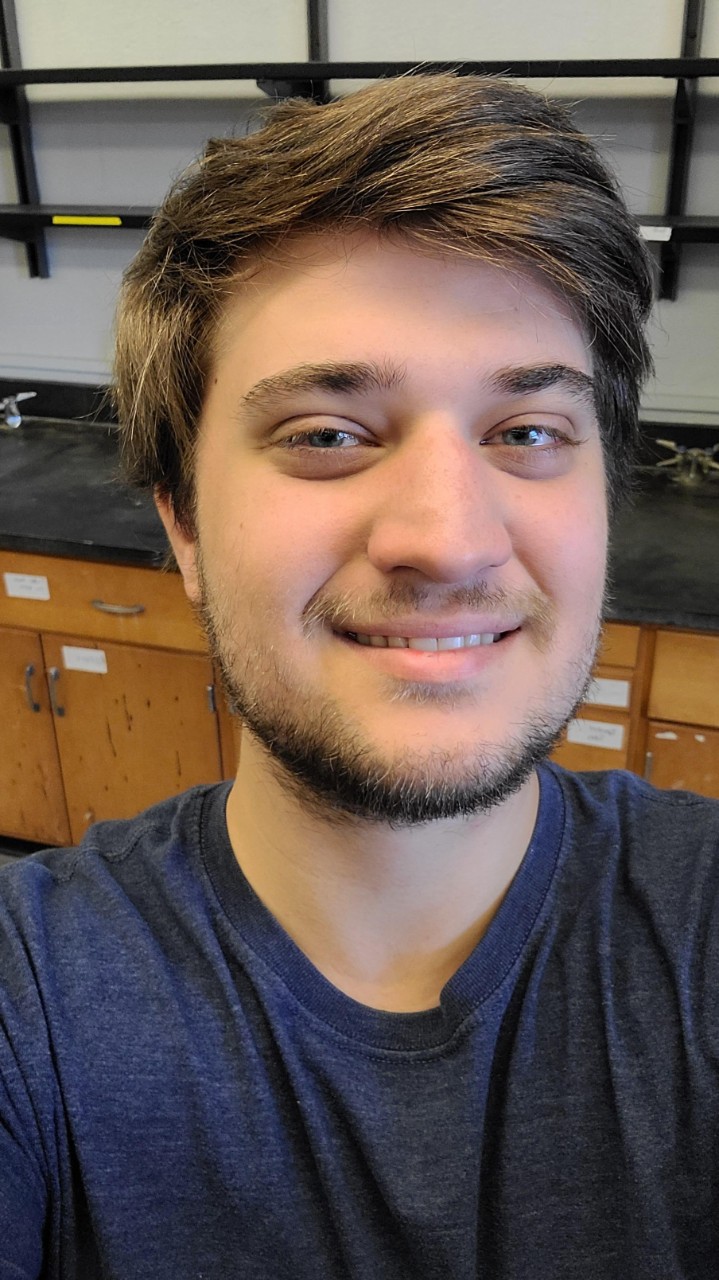
Innovative UC program opens doors for first-gen students
Young researchers find opportunity, community, collaboration
Brittany Rice had always been drawn to the sciences. Earning her degree in biological sciences from the University of Cincinnati exposed her to a full range of study during her undergraduate career, including chemistry, physics, sociology, mathematics and psychology.
“It’s a well-rounded major, and you can go many directions with it,” Rice says. But one direction she still wanted to go in was research — an area that for Rice felt out of reach. “Being first generation and low-income, I did not believe I was cut out for research,” she says. “I was unsure if I had the tools and knowledge to work in a research lab.”
Enter associate professor of chemistry Ryan White. Inspired to open doors for students like Rice, White launched the Pathway to Undergraduate Research for First Generation College Students during the 2021-22 academic year, welcoming an inaugural cohort of eight students, including Rice.

UC associate professor of chemistry Ryan White
“The main goal here is integrating first-gen students in our research culture at UC early, to help build a community of researchers who support each other,” White says. “The key here is interaction with other students and faculty, both of which help improve retention and the overall college experience.”
In addition to day-to-day challenges associated with acclimating to college study and culture, first generation college students face additional barriers—among them can be lack of support from family and peers, college preparedness, racial disparity and financial stability.
The value of undergraduate research in training future scientists is well documented, White notes in his funding proposal for the program. But a gap remains in participation by first-generation students, with the largest barriers being understanding the process for getting involved in academic research, knowing its value, and financial support.
Funded by the Chemical Measurements and Imaging Program at the National Science Foundation, the Pathways program seeks to address each of the barriers, through information and training workshops, mentor networks, professional development and financial stipends.
Students in the program conduct research in UC labs during the first year, and receive stipends. During the second year of the program, students do research for class credit to satisfy their capstone requirements. White says the hope is that as new cohorts enter the program, current students can get involved as mentors.
Rice, who is currently taking classes to earn her master’s degree in nursing, was introduced to the pathways program through UC’s Gen-1 program. The Gen-1 program is among the nation’s first living-learning communities supporting Pell-eligible, first-generation students in their transition to college life, and throughout their college careers.
“I got involved with the pathways program because the director of Gen-1 let me know about it, and got me connected with Ryan White,” Rice says. “I was most excited about getting experience in a new field. Being someone that was interested in research but unsure how to get involved, this program was the perfect scenario for me. I was excited to gain new skills, mentorship, and network.”

Senior nursing major and program participant Maria Deehan
Like Rice, senior nursing major Maria Deehan was referred to the pathways program — in her case through her chemistry instructor.
“What appealed to me most was the fact that I would be in a group of people similar to me who were new to research,” she says. “Before this program, I had absolutely no idea where to even start when it came to looking for research opportunities. This program made the process much less intimidating and way more fun than I could ever have imagined.”
To get the year started, students participated in training to help get them grounded in research-focused measurement science, the focus of their lab work. Workshops covered laboratory safety, laboratory etiquette and best practices, and research 101. Students then conducted their own research on labs at UC, and identified those that matched their skills and interests.

Chemistry and biological sciences double-major and program participant Chase Dietz
Chase Dietz is a senior double-majoring in chemistry and biological sciences, and found himself paired with chemistry professor In-Kwon Kim conducting biochemical research. “A lot of the research I do involves measuring the kinetic activity of enzymes. Effectively, we measure the tiny amounts of light produced by enzymes that are modified to fluoresce when they come within reach of each other and react.”
Says Dietz of the experience so far: “It’s been great meeting other first-gen students in the program who have had similar experiences as myself who are passionate about science and research.”
Having transferred to UC during the height of the pandemic, when classes were mainly remote and social activities closely curtailed, Dietz says he appreciates the community-building aspect of the program. “I didn’t make many friends my first few semesters at UC, but the social activities we do as a group really made everyone fast friends.”
Deehan agrees that collaboration is an important part of the program, citing her bio-sensor focused research in White’s lab. “The awesome thing is that there is open communication and collaboration within the lab, and with other labs and departments, on a daily basis, so you’re never working alone,” she says.
“One project you might be working with a synthesis lab, and another project might involve collaboration with an electrochemical engineering lab. The interdisciplinary approach to the world of research is so important,” she says, “and this program has been able to show me that.”
Collaboration and community-building are important components of the program, according to White, and the students meet up for gatherings once per month—outside the world of science and the labs—for activities like trivia nights, group outings, end-of-semester celebrations, professional development sessions and meals.
“Free food is always nice for a poor college kid,” says Dietz, “so it’s nice that almost every event has a meal. The social events are great too, because they create an environment that makes it easy to get to know each other better. As for the professional development opportunities, they’re invaluable … one certifying us to safely do research in a lab, and another simply telling us how to do good research, and how to deal with any doubts or fears we have as young researchers.”
As NSF funding continues, so will the pathway program, and White says he hopes to expand it in the future. “Right now, we have about 25 students interested in being part of the fall cohort, which is very exciting,” he says. “We have reached students through advertising, but even more excitingly through personal recommendations by the current cohort.
“In some regards, the program is exceeding my expectations, especially in the community-building aspect,” White says. “It feels like we have a cohort that cares about each other as people, and that is important to me.”
Featured image at top: UC master's candidate and Pathway to Undergraduate Research program participant Brittany Rice works in the laboratory. Photo/Provided
Related Stories
President Pinto shares search update for executive vice...
March 25, 2025
President Neville Pinto shares search update for executive vice president for academic affairs and provost
University of Cincinnati College of Medicine celebrates...
March 25, 2025
The energy inside the University of Cincinnati College of Medicine’s Kresge Auditorium was electric on Friday, March 21, 2025, as 169 fourth-year medical students eagerly gathered with family, friends, faculty and staff for the highly anticipated Match Day 2025 ceremony. The event marked the culmination of years of dedication, hard work and perseverance, with students learning where they will continue their medical training through residency programs.
UC’s Health Care Exploration course helps students find their...
March 25, 2025
As part of the undergraduate Health Care Exploration Through Patient Care course, students work as patient care assistants (PCAs) within UC Health. They get hands-on opportunities to perform basic clinical care duties in a hospital setting.
